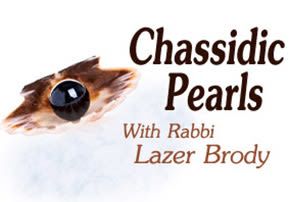
Tetzaveh: Spiritual Eyes
How can the High Priest carry the Urim and Tumim directly on his heart? Four mandatory layers of the High Priest's...

"Into the Breastplate of Judgment shall you place the Urim and the Tumim, and they shall be on Aharon's heart when he comes before God" (Shmot 28:30).
The above passage in not only confusing, but an apparent contradiction in terms as well. The Urim and Tumim were, in essence, a small piece of folded parchment with God's holy name written on it. The parchment was inserted "Into the Breastplate", as the Torah commands in the beginning of this passage. But, at the end of this passage, the Torah states that the Urim and Tumim shall be "On Aharon's heart."
How can the High Priest carry the Urim and Tumim directly on his heart? Four mandatory layers of the High Priest's ritual garments – the kutonet, the cloak, the vest, and finally the breastplate, separate Aharon's heart from the Urim and Tumim!
We can reconcile the apparent contradiction in this passage by proposing that the Torah is literal when requiring that the Urim and Tumim be inserted into the breastplate, but figurative when instructing that they shall be on Aharon's heart. The Torah is commanding that there nothing seperate God's holy name (Urim and Tumim) from the High Priest's heart. In other words, the High Priest must be focused completely on God; no other thoughts or musings may be in his heart to interfere with his perfect dvekus, or clinging, to God.
Why is it so important that the Kohen Hagadol – the High Priest – have no other thoughts or musings in his heart while performing his duties in the Holy Temple? The following parable will help us understand:
Herschel was the vasser traeger, the water carrier of Kalinovka, a small hamlet between Breslov and Berditchev in the central Ukraine. His life was rather difficult for several reasons: First, the work was back-breaking; second, Herschel wasn't the brightest individual in the world, and consequently suffered a healthy share of jeer and insult.
Frequently, having filled his two wooden pales from the river, he'd place the yoke on his back and carry the water into the village, to the home of the customer that placed the order. Most of the time, Herschel would forget which house to bring the water; more often than not, he'd knock on the wrong door. Usually, he would receive several "compliments" and slammed doors in his face until he found the right address.
Herschel was disgusted with his lot in life. "If I only had ox," he said to himself, "I'd be much more efficient in delivering the water to my customers." So, Hershel pawned his heirloom silver esrog box and bought an ox.
Herschel transferred the yoke and the buckets from his own back to the ox's back. The ox certainly made life easier for the water schlepper's back and biceps, but it could do nothing to enhance its master's brain. With the efficiency of an ox, Herschel was now carrying water not only to the wrong houses, but to the wrong streets as well!
"This is ridiculous," thought Herschel, "oxen are obviously good for plowing, but they're failures in home delivery. I need a horse!" He begged, borrowed, sold the ox, and pawned his wife's wedding ring, and finally bought an old draft horse.
The horse – despite its age – was certainly faster than the ox; with his new horse Herschel was carrying water from the river to the wrong shtetel!
Years later, after the automobile was invented, people in the shtetel would jokingly say, "Lucky that Herschel didn't have a car – otherwise he'd have been shlepping water to the wrong country!"
* * *
Rebbe Nachman of Breslev explains (Sichot HaRan, 46), "One must exercise great caution in guarding thoughts, for thoughts can yield tangible outcomes. Know, that each of a person's respective attributes that is higher than another has more far-reaching implications. For example: A foot can kick an object so far, but a hand can throw higher than a foot can kick. Speech can be heard at level way beyond where the hand is able to throw. Hearing is higher than speech, for one can hear the thundering of a cannon from miles away. Sight extends even further, for one can see the stars in the sky. Thoughts are very very lofty, and extend beyond everything, and therefore must be protected!"
With the help of Rebbe Nachman's principle, we are able to understand what happened to poor Herschel, as well as the message that the Torah is conveying in the passage at hand. On foot, Herschel made small mistakes. With the aid of an ox – a better means of transport – he made even bigger mistakes, not only arriving at the wrong house but delivering to the wrong street. With a horse – a better and faster means of transport than the ox – Herschel's mistakes grew in magnitude. As we all know, a jet airplane's five-minute error in navigation is much more serious and far-reaching than that of a mule.
From a spiritual standpoint, speech is loftier than deeds, yet thoughts are loftier than speech.
A farmer's musings about his chickens and corn fields in the middle of praying affect him of course, but the consequences aren't so far-reaching. When a tzaddik or local spiritual leader, however, entertains strange and extraneous thoughts when he should be concentrating on his prayer, the entire community is affected. As the entire Jewish people are dependant on the pure intent of the high priest's prayers in the Holy Temple, the slightest thought on anything other than God constitutes a major, far-reaching and damaging blemish.
God told us that we should all be a nation of Kohanim, or ritual priests (see Shmot 19:6). Just as the Kohen Hagadol is required to keep God's holy name close to his heart and to avoid unholy thoughts, so are we. Our thoughts, as Rebbe Nachman teaches, have far-reaching implications; like nuclear power, they can build entire worlds, or destroy them.
When our hearts focus on God, we miraculously rid ourselves of tension, stress, and anxiety. The more we think about God, the more we strengthen our emuna, our pure faith. Rebbe Nachman teaches that emuna will expedite the true and complete redemption of our people, speedily and in our time. Amen.




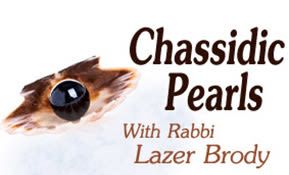
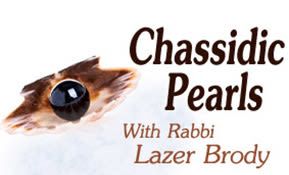
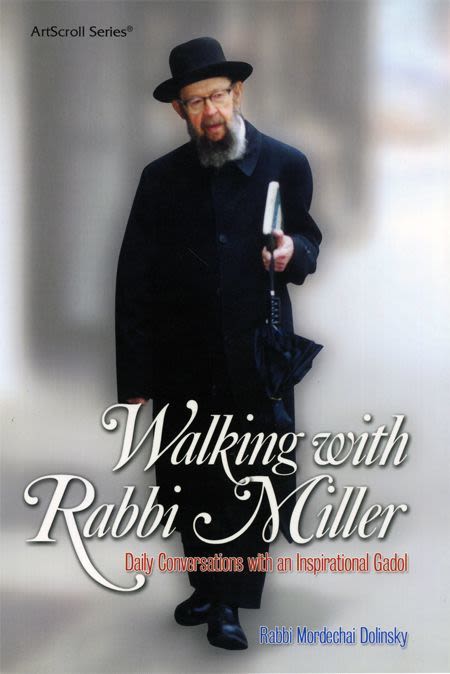
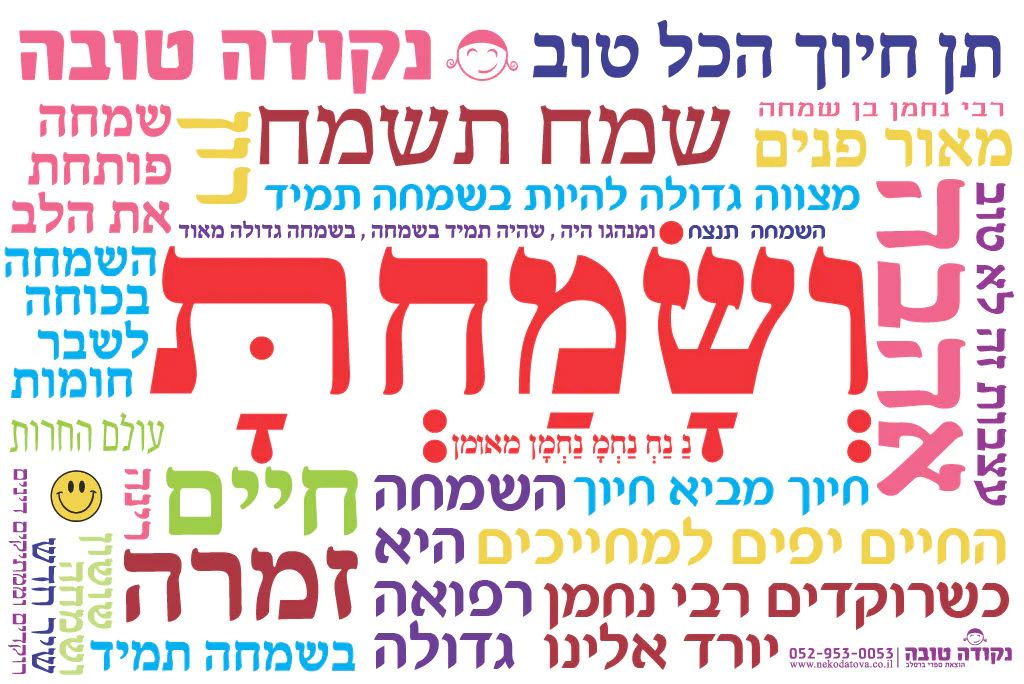
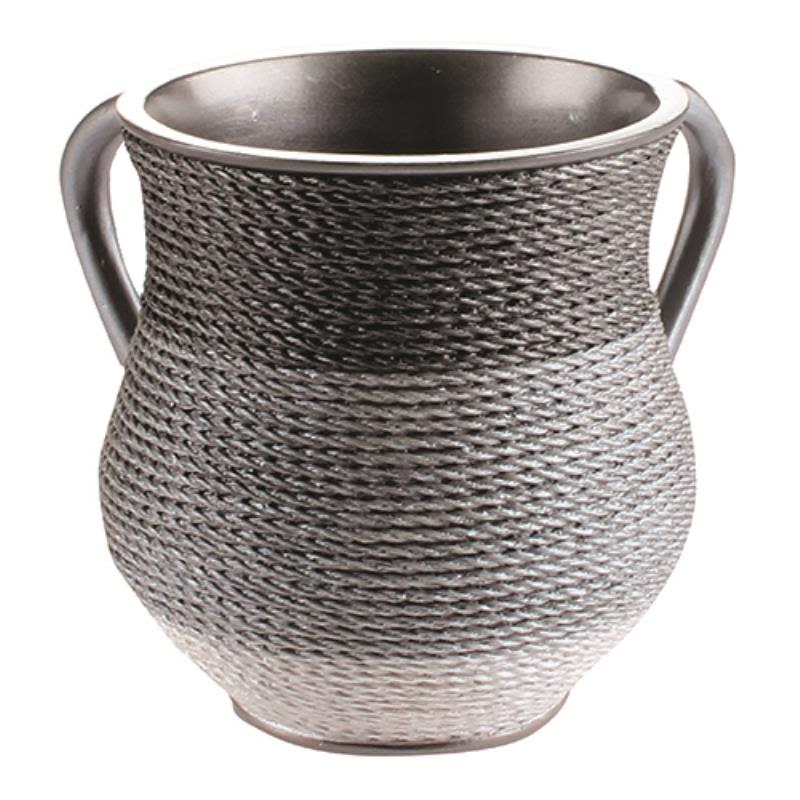
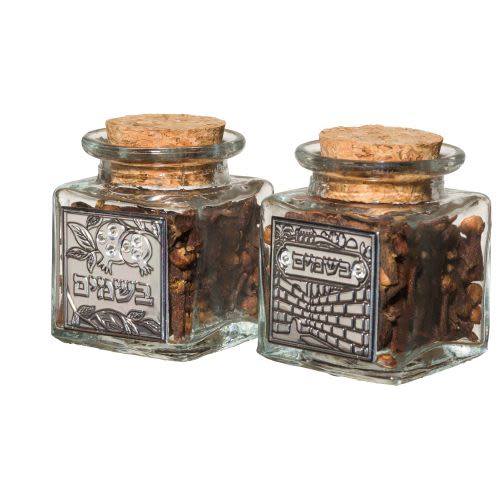
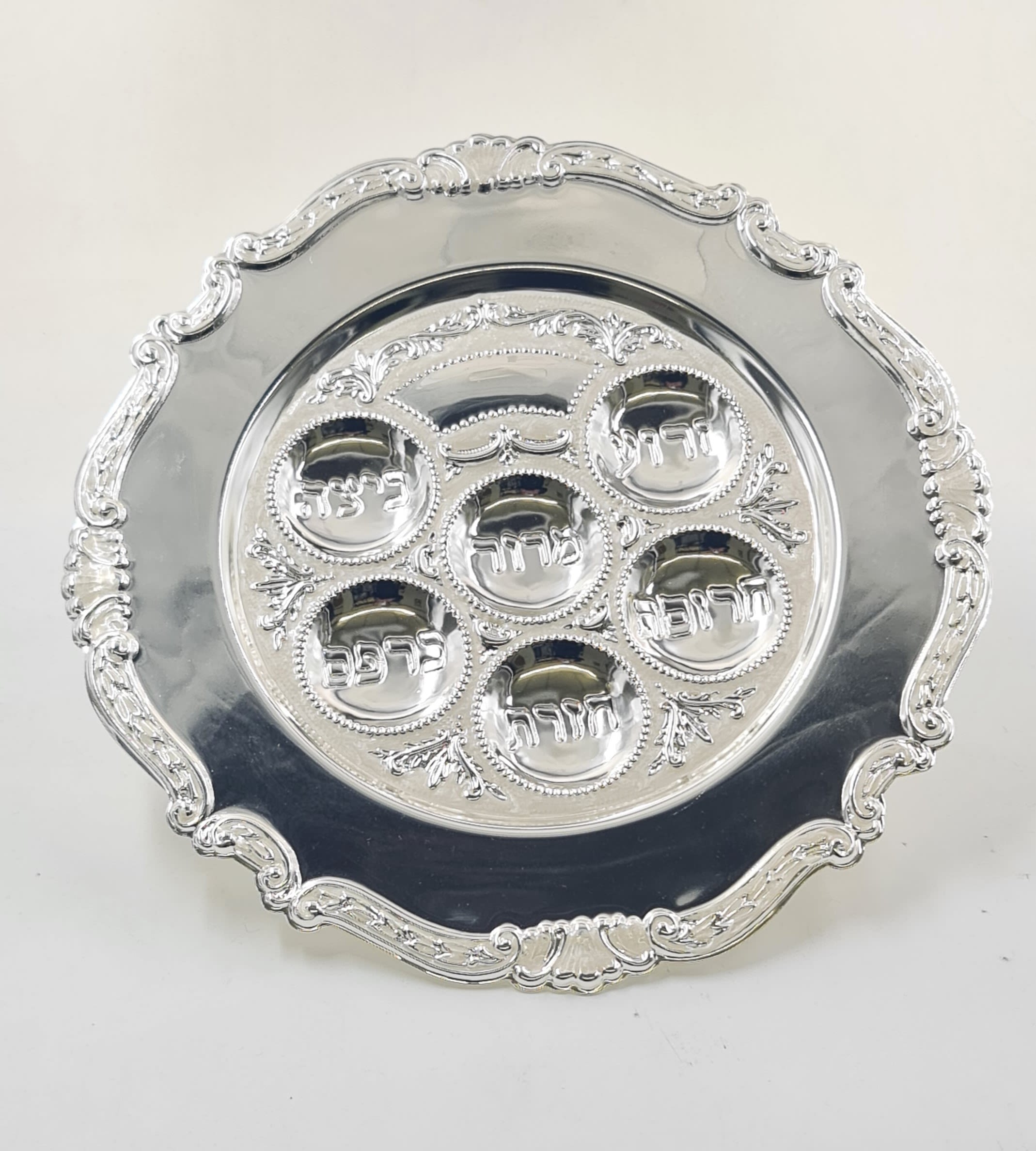
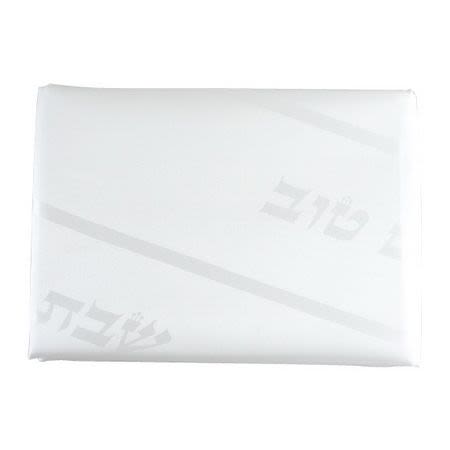
Tell us what you think!
Thank you for your comment!
It will be published after approval by the Editor.